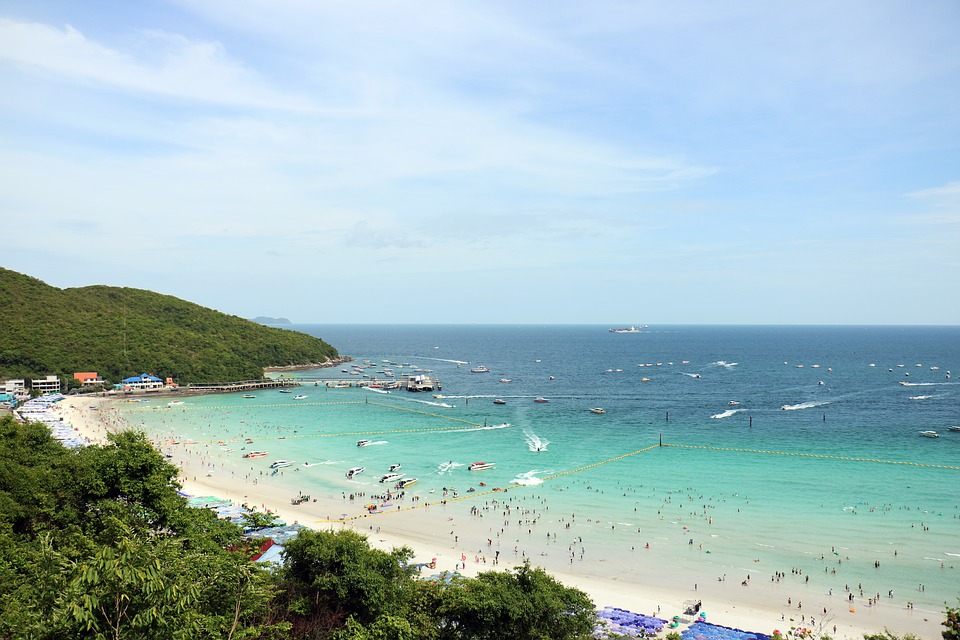King Bhumibol Adulyadej, who ruled Thailand for the last 70 years, passed away on October 13 at Bangkok’s Siriraj Hospital at the age of 88. Casinos have been forbidden under the king’s reign and now that a new monarch will take his place, Union Gaming Securities Asia Ltd believes that Thailand’s stance on the casino industry could change under the new regime.
The collapse of the Macau casino industry has caused casino operators to look at new Asian markets for development. Thailand is definitely one of great interest to global casino operators and Las Vegas Sands Corp had already expressed interest in developing a casino resort, should casinos be legalized. When it comes to ASEAN countries, Thailand, Brunei and Indonesia are the only ones that are yet to legalize casino gambling. As a result, Thailand loses a significant amount of revenue as Thai gamblers travel to Cambodia and Myanmar to gamble.
Thailand depends heavily on its tourism industry which brought in 29.9 million visitors in 2015 based on a report prepared by the Department of Tourism. Close to 67 percent of these visitors or 19.9 million came from East Asia out of which 7.9 million were from Mainland China. Macau’s casino market crash has caused gamblers from Mainland China to seek out new gambling territories such as the Philippines, Vietnam and South Korea.
Dean Sungsidh Piriyarangsan, from the Rangsit University College of Social Innovation told local media that a legalized casino industry in the country could increase tourism by nearly fifty percent. Sungsidh states that the government could also earn an additional $2.8 billion in gambling tax revenue, if the casino industry is legalized. Back in June 2015, the National Reform Council (NRC) minority group wanted casinos to be legalized and suggested that Pattaya would be an ideal destination for the country’s casino industry. Pattaya is one of the most popular beach destinations for foreigners on holiday and is located around 147 kilometeres from Bangkok.
In a statement, Grant Govertsen, a Union Gaming analyst said “Over the near-term, we expect at least a month-long period of very soft Thai-originated gaming volumes at several border casinos run by publicly traded operators. Over the long-term, a newly elected government under the new monarch, or perhaps a strengthened military government, could green light the holy grail of gaming expansion in Southeast Asia.” The four publically traded operators that operate border casinos are Silver Heritage, Donaco International, Macau Legend and Entertainment Gaming Asia.
The previous efforts to legalize the casino industry in Thailand were met with strong opposition from numerous Buddhist groups and the indecisiveness of tourism sponsors. Thailand is currently under military rule which will most likely remain till the end of 2017. Elections will be held in 2018 and it will be only after this that a renewed effort to legalize the casino industry can fully commence.



